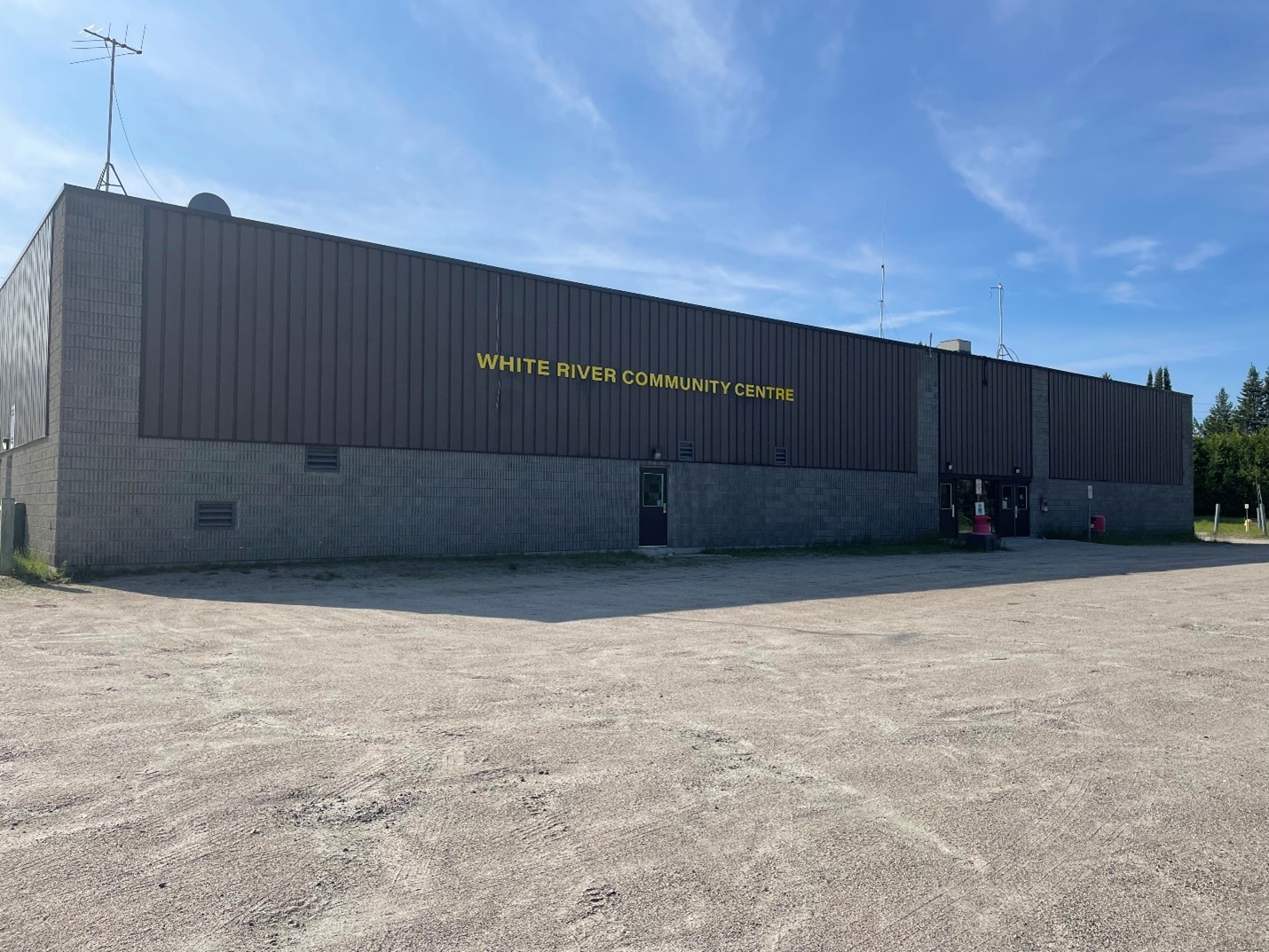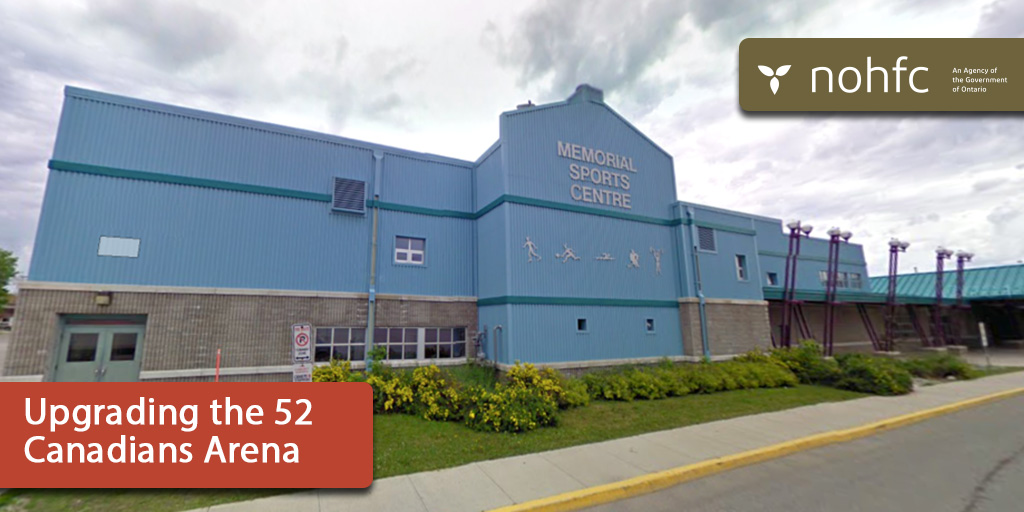|
NEWS |
July 12, 2023 |
KENORA – The Ontario government is providing nearly $550,000 through the Northern Ontario Heritage Fund Corporation (NOHFC) to IISD Experimental Lakes Area Inc. (IISD-ELA) for an aquaculture research project exploring the use of fish waste as fertilizer and its impact on freshwater in cultivated wild rice paddy areas. This investment will support the establishment of sustainable practices for the co-culture of fish and wild rice by Indigenous communities.
“Our government is committed to building sustainable local food production that keep northern and Indigenous communities thriving,” said Greg Rickford, Minister of Northern Development. “We are proud to support this critical research in the North at one of the world’s most influential freshwater research facilities.”
IISD-ELA, through the Industrial Research Chair (IRC), Dr Vince Palace, will work with partners the Myera Group, Lakehead University, Eagle Lake First Nation and two additional First Nations from the Treaty 3 area to develop and implement community-based water quality monitoring and to assess the health of fish in the watershed using non-lethal methods.
“This critical funding from NOHFC will allow us to do what we do best: work with scientists, local communities, industry and Indigenous partners to better understand and improve the health and use of freshwater supplies and build the economy sustainably,” said Matthew McCandless, Executive Director, IISD Experimental Lakes Area. “We are thrilled to continue working together to build a new centre for climate learning to benefit everyone in Northern Ontario today and for generations to come.”
The project will research the implications of wild rice paddy production on First Nations to achieve a more consistent supply of wild rice than the current, in-lake harvesting methods, as well as fish cultivation through aquaculture. Myera Group will develop standard operating procedures to create a consistent supply chain for growing wild rice in flooded paddies that use fish waste as fertilizer and commercialize value-added foods from the wild rice, such as Bannock and wild rice blends.
The research program will include training and employment opportunities for Indigenous communities in the technical wild rice and aquaculture operations and environmental monitoring aspects of the project, as well as create longer-term sustainable jobs in the post-research phase. The project partners have developed a collaborative, working relationship with Grand Council Treaty 3 and a self-identification model for the three First Nations to be engaged in the research project. The project has the potential to create a culturally appropriate, sustainable wild rice harvest in Northwestern Ontario.
The NOHFC promotes economic prosperity across Northern Ontario by providing financial assistance to projects—big and small, rural and urban—that stimulate growth, job creation and skills development. Since June 2018, the NOHFC has invested more than $685 million in 5,656 projects in Northern Ontario, leveraging more than $2.3 billion in investment and creating or sustaining over 9,000 jobs.
Quick Facts
- IISD-ELA Inc. is the legal entity that operates the IISD Experimental Lakes facility, surrounding site and related assets. The Experimental Lakes Area, which is located 50 km east of Kenora, has been the site of continuous scientific freshwater research for over 50 years.
- IISD-ELA currently collaborates with more than 26 North American universities, including Lakehead University and multiple federal and provincial governments, and has established relationships with many member communities of Anishinaabe Grand Council Treaty 3 and the Metis Nation of Ontario.
- Myera Group Inc., which includes Myera Food, Myera Properties and Myera Seafood subsidiaries, is a Metis led and owned biotech company based in St. Francis Xavier, Manitoba that was founded in 2015. Myera focuses on bringing together leading edge software, sensor technology and biotech solutions to solve traditional agricultural problems, while respecting traditional methods and practices.
Additional Resources
- The Ontario government launched new and improved NOHFC programs that support more projects in rural northern communities and make it easier for more people and businesses to apply. The programs target existing and emerging markets, provide more work opportunities for Indigenous people and address the skilled labour shortage in the North.
- The NOHFC, Northern Development Offices and Small Business Enterprise Centres are available to support northern communities, businesses and other stakeholders in identifying economic development opportunities and assist in accessing government funding programs.
_____________________________________________________________________
|
Media Contacts |
|
|
Curtis Lindsay, Minister’s Office
437-240-7317
Media Desk, Communications Branch
|
Disponible en français |


